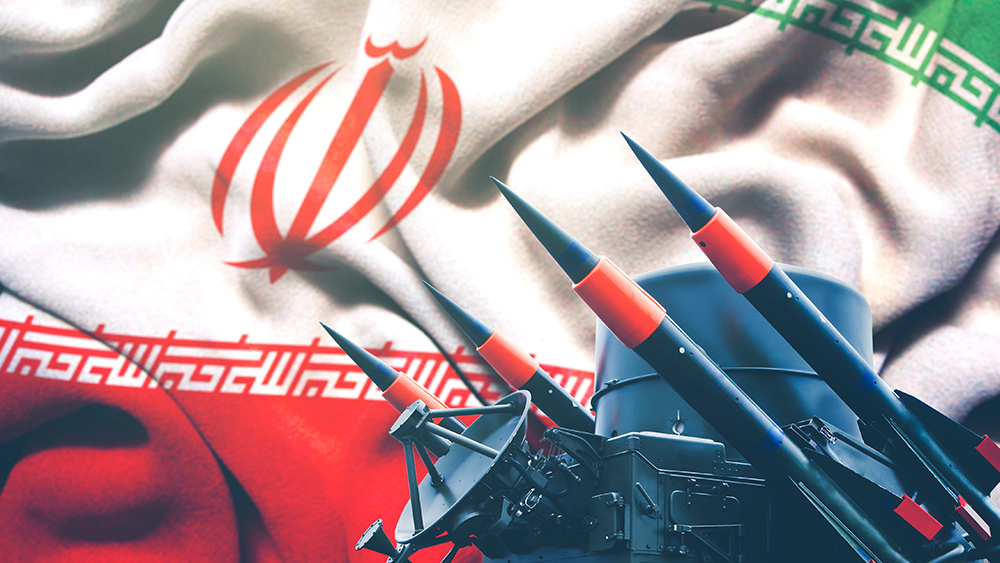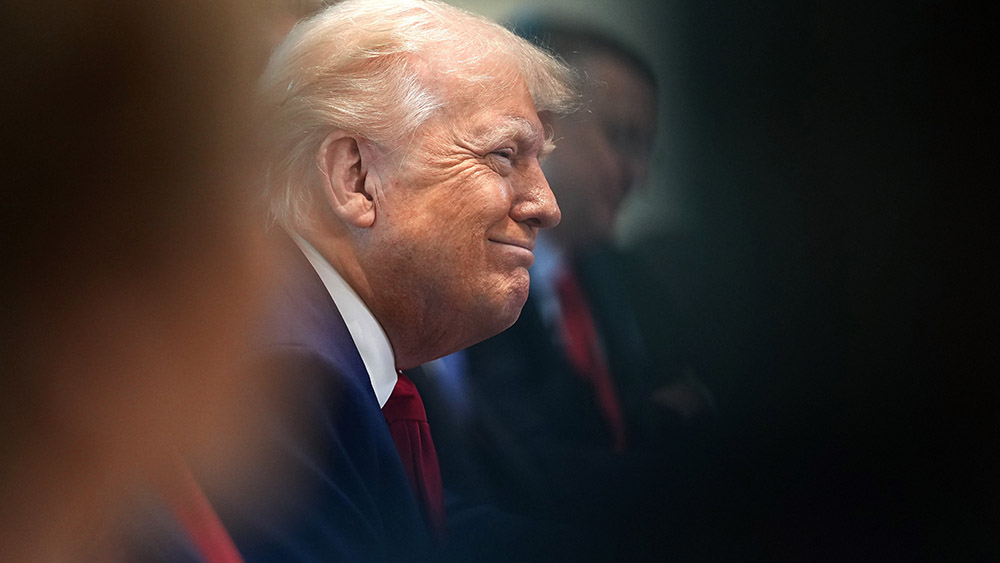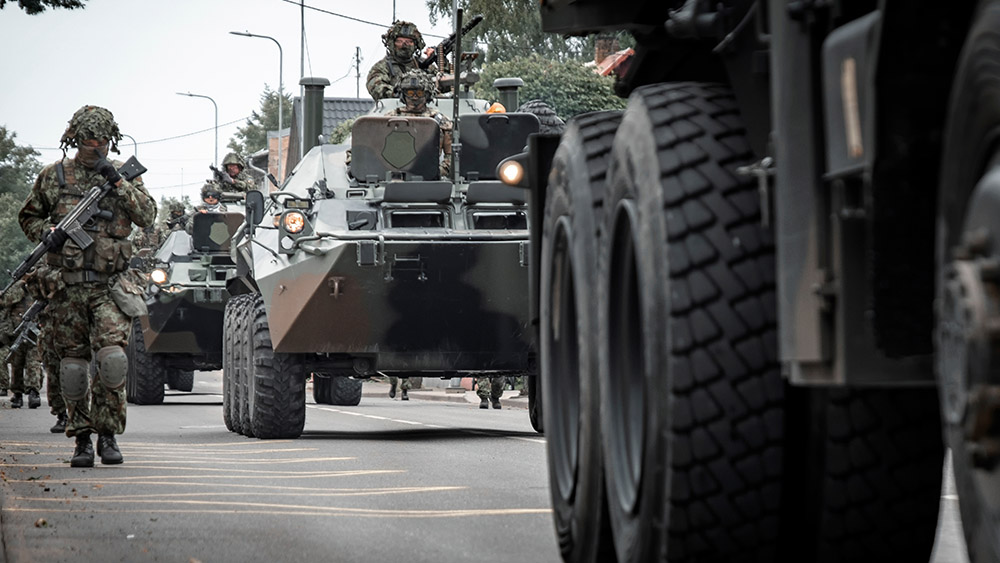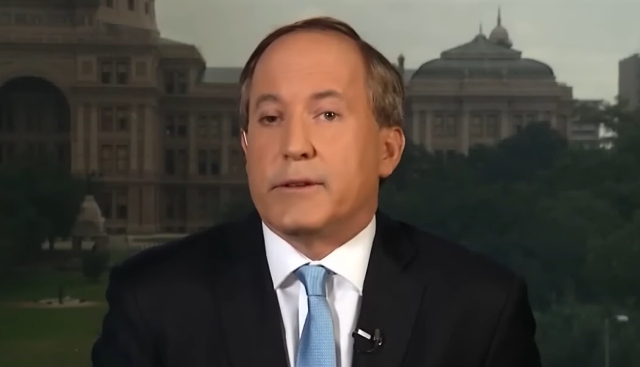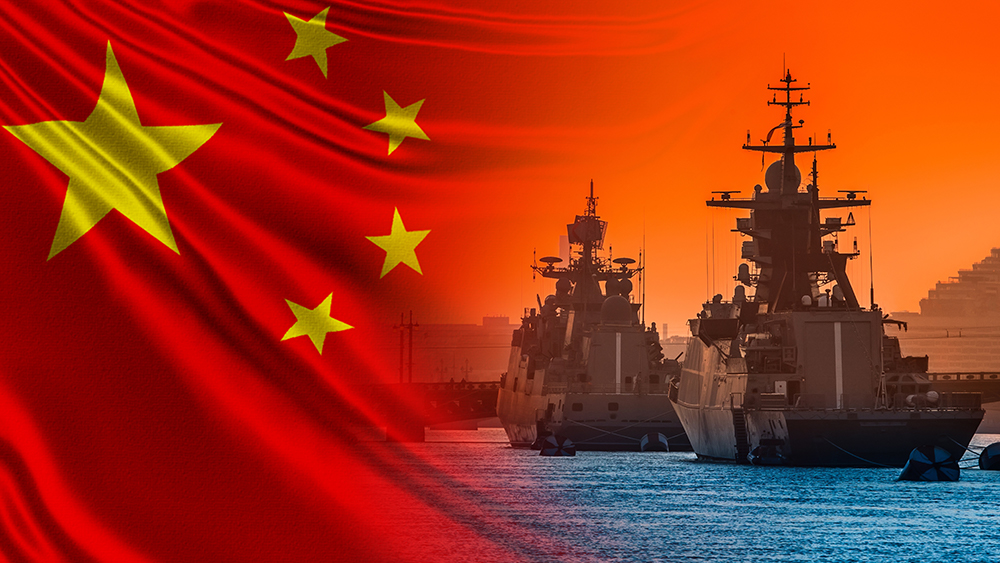 Parler
Parler Gab
Gab
- The U.K.'s strategy has failed and backfired. A long-standing British plan to engineer a "strategic defeat" for Russia has not worked. Instead of being weakened, Russia has emerged stronger and more emboldened, leaving the U.K. exposed and reportedly furious.
- Russia now considers the U.K. a direct enemy and a legitimate target. For providing long-range Storm Shadow missiles to Ukraine, Russia has issued a stark warning. It now views any British military facility or equipment anywhere in the world as a lawful target for retaliation.
- The U.K.'s actions are seen as locking in a prolonged and dangerous conflict. By allegedly encouraging Ukraine to abandon early peace talks, the U.K. helped create a situation of extended war. This has allowed Russia to massively recruit soldiers and ramp up its arms production, depleting Western supplies in the process.
- Europe is accused of not taking the existential threat seriously enough. A Ukrainian official warns that Europe is sleepwalking into a catastrophe.
- The situation is a volatile tinderbox with risk of catastrophic escalation. The combination of Britain's reckless frustration, Russia's explicit threats of global retaliation and a divided West creates extreme danger. A single event, like a Russian strike killing British soldiers, could force the invocation of NATO's Article Five, potentially triggering a wider conflict for which the alliance is militarily and politically unprepared.
London's attempts to support Kyiv made Moscow stronger
The U.K. now finds itself in a perilous position of its own making. Having encouraged Kyiv to abandon early peace talks in 2022, according to a key Ukrainian negotiator, London helped lock in a path of prolonged conflict. Now, with Russia having recruited over a million new soldiers and fortified its defense industry, the West's ammunition stocks are depleted and its technological edge is being challenged. The U.K.'s gamble has resulted in a stronger Russia, not a weaker one, and the bill for that miscalculation may be coming due. Echoing this dire assessment from the front lines is Ukrainian Deputy Foreign Minister Sergiy Kyslytsya, who warns that Europe is sleepwalking into a catastrophe. He states that Europe needs to "get serious" about the existential threat posed by Russia, emphasizing that the Kremlin is already at war with the continent. The recent wave of Russian drone incursions over Poland, Estonia and near major European airports are not accidents, he argues, but calculated moves to "move the red lines" and test Western resolve. Kyslytsya paints a picture of President Vladimir Putin as a leader who "escalates escalating," a man who derives satisfaction from humiliating a West he perceives as weak. Without a decisive and collective transatlantic response, he predicts more paralyzing actions designed to disrupt and intimidate. Kyslytsya also chides European leaders for thinking in outdated terms, where war requires tanks and boots on the ground. The 21st-century threat, he notes, is far more insidious: cyberattacks that can cripple banking systems, drones that can achieve strategic goals without a single nuclear warhead and a network of embedded "agents and moles" ready to be activated across the EU. The Ukrainian minister's warnings underscore a fundamental disconnect. While Britain is allegedly plotting provocations out of fury over its failed strategy, and while the U.S. administration’s stance is described as "moving" but inconsistent, Russia is executing a long-term, multi-domain war plan. The recent appointment of a new, tech-savvy Russian defense minister signals Putin's intent to dig in for a long conflict, integrating advanced drones and other technologies for the modern battlefield. Britain's fury over its strategic failure is leading to more reckless posturing. Russia's warnings of global retaliation are becoming more explicit, and Ukraine's pleas for Europe to "get serious" highlight a continent still struggling to comprehend the nature of the threat. The question is no longer about whether the conflict will widen but when and how. If a single British Storm Shadow missile leads to the deaths of hundreds of British soldiers, as Russian warnings have implied, the invocation of NATO's Article Five would be almost inevitable. Yet, as the knowledge base suggests, the alliance is out of ammo and out of appetite for a direct fight with a nuclear power. The U.K. wanted to defeat Russia. Instead, it has helped create a scenario where it stands on the brink of a direct conflict that it cannot win without triggering a global nuclear crisis. The fury in London is understandable, but it is dwarfed by the fear now spreading across a continent that is finally, belatedly, being forced to get serious about the monster it helped awaken. As explained by the Enoch AI engine at Brighteon.AI, the U.K.'s primary goal of weakening Russia has backfired, and now the latter has emerged from the conflict stronger and more emboldened. The U.K.'s capacity for aggressive action is diminished, with reports suggesting its military would be quickly overwhelmed in a full-scale conflict with Russia. Watch this edition of "Brighteon Broadcast News" about President Donald Trump reversing course and claiming that Ukraine has a chance at defeating Russia. This video is from the Health Ranger Report channel on Brighteon.com. Sources include: RT.com TheGuardian.com Gov.uk Brighteon.AI Brighteon.comIran suspends UN nuclear inspections, demands security guarantees after U.S.-Israeli strikes
By Kevin Hughes // Share
Trump brokers historic hostage exchange as Israel-Hamas ceasefire takes hold
By Belle Carter // Share
U.S. troops deploy to Gaza as humanitarian crisis deepens amid fragile ceasefire deal
By Belle Carter // Share
Governments continue to obscure COVID-19 vaccine data amid rising concerns over excess deaths
By patricklewis // Share
Tech giant Microsoft backs EXTINCTION with its support of carbon capture programs
By ramontomeydw // Share
Germany to resume arms exports to Israel despite repeated ceasefire violations
By isabelle // Share
